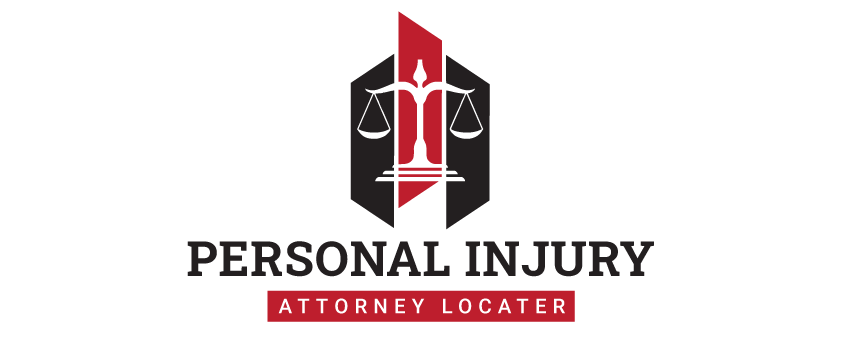The Importance of a Personal Injury Attorney
0
If you have suffered an injury as the result of someone else’s negligence in an accident, you may be eligible for personal injury compensation. To prove a successful claim, it must be demonstrated that the defendant owed you a duty of care, breached that duty and caused your injuries.
Following filing of a claim, it will proceed through discovery where both sides exchange information that could be used at trial. Most cases resolve during this phase.
Medical Records
Medical records are essential documents in any personal injury case. They demonstrate the extent, cause, type and cause of your injuries as well as any economic and non-economic losses you have endured.
Your medical records will be stored safely by your healthcare providers. These may consist of written notes (paper), digital documentation or other electronic files.
Insurance adjusters often request your medical records when investigating a claim. Unfortunately, some adjusters will use these requests to snoop around in your medical history and attempt to deny or minimize compensation awarded to you.
To prevent this, it’s essential to obtain your medical records from all healthcare providers you have been treated at during the course of your treatment. Additionally, having several copies on hand in case an emergency arises is recommended.
Police Reports
Police reports are an essential tool of the criminal justice system. They contain details of many incidents, from domestic disputes to traffic accidents, burglaries, home invasions, robberies, assaults and stalking cases – just to name a few.
Law enforcement officers must complete reports accurately and timely in order to guarantee they are doing their job correctly and supporting any potential criminal proceedings.
A police report can give Personal Injury Attorneys an accurate account of how the accident happened and who is at fault. It also gives them a thorough overview of what transpired at the scene and helps them identify potential witnesses.
However, police reports are generally not admissible in civil trials due to two primary reasons. First, they violate the rules of evidence which exclude hearsay statements; and secondly, they do not permit cross-examination of witnesses–an essential component of a civil trial.
Witness Testimony
Witness testimony is one of the most crucial components in any case. Witnesses’ ability to provide accurate and truthful information is essential for a successful personal injury lawsuit.
Witnesses in courtrooms come in many forms, from eyewitnesses to expert witnesses or laypersons.
Eyewitness testimony is when someone who witnessed an accident and the events leading up to it gives their firsthand account of what they saw or heard. Ideally, this recollection is detailed and consistent.
However, the accuracy of witness testimony can be affected by a variety of factors. Particularly, an individual’s memory capacity and health can significantly impact their credibility.
Furthermore, witnesses may have personal connections to the accident that can make them appear unreliable. This is known as a “conflict of interest.”
Defective Products
A product with defects in design, manufacturing or marketing can cause serious injuries and harm. A Personal Injury Attorney can help those injured hold those responsible for their actions accountable and seek justice.
Three primary categories of product liability claims exist: strict liability, negligence and breach of warranty. Strict liability occurs when the entity responsible for creating or selling the item can be held liable for damages regardless of who else was at fault.
Negligence occurs when someone or entity acts maliciously, recklessly or without regard for safety in the production or sale of a faulty product. When this is proven, victims may be eligible to receive double or treble damages from those responsible.
A successful lawsuit against a product manufacturer necessitates extensive research, such as reviewing witness accounts and medical records. Compensatory damages may include reimbursement for medical bills, lost wages and pain and suffering suffered by the plaintiff; in extreme cases, punitive damages may also be awarded.

